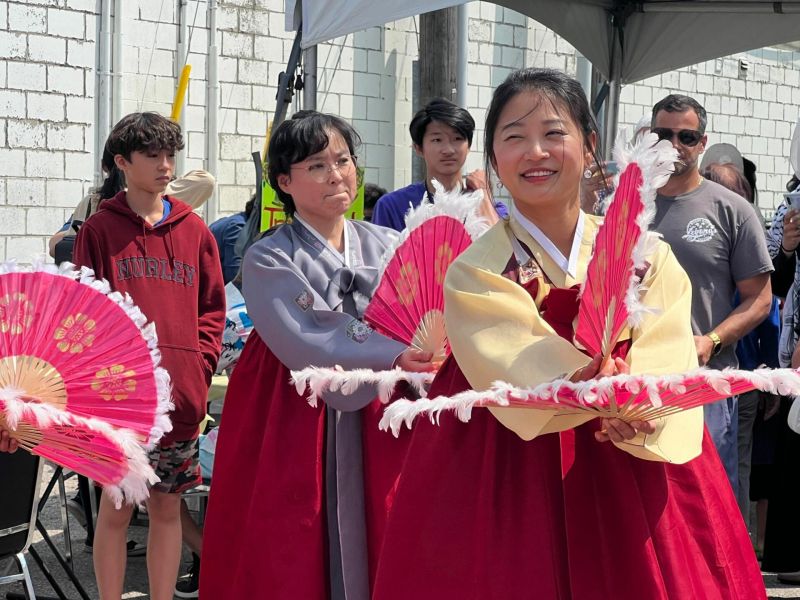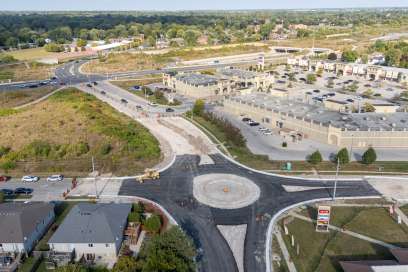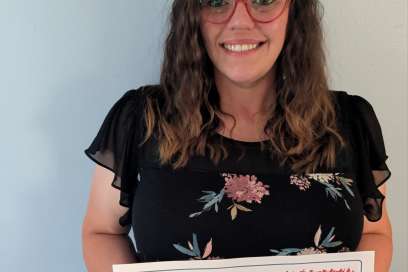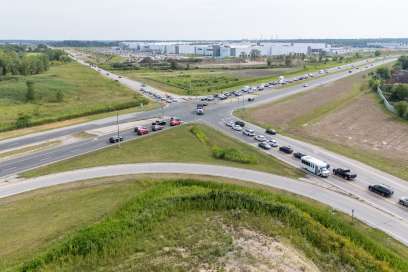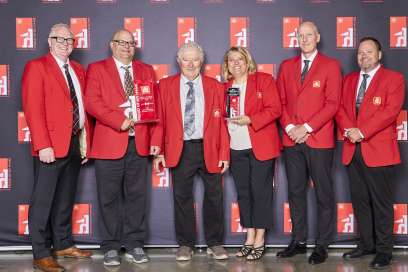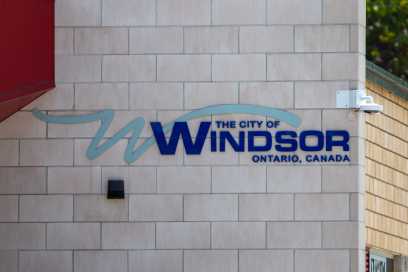UWindsor To Establish Canada’s First National Urban Park Hub
Wednesday July 19th, 2023, 6:18pm
Hello time traveller!!
This article is 790 days old.
The information listed below is likely outdated and has been preserved for archival purposes.
A group of University of Windsor faculty have established Canada’s first research, teaching and community engagement project focused on the creation of national urban parks.
The University of Windsor National Urban Park Hub launched on April 1st after a $1.2 million contribution from Parks Canada with match funding from the University. It will be led by Healthy Headwaters Lab Director Catherine Febria, Faculty of Science Indigenous Knowledge Keeper Clint Jacobs and Centre for Cities Director Anneke Smit.
Over the next two years, the hub for research and engagement will focus on the co-creation of a national urban park in Windsor and provide expert advice as Parks Canada develops its National Urban Parks Policy, which will be the mechanism for designating new national urban parks across Canada.
“The National Urban Parks Program represents the next evolution for Parks Canada whose history over 110 years has provided Canadians a system of national parks, national historic sites, national marine conservation areas, and Rouge National Urban Park,” said the Honourable Steven Guilbeault, Minister of Environment and Climate Change and Minister responsible for Parks Canada.
The national urban parks program is built on the three foundational pillars of conserving nature, connecting people with nature, and advancing reconciliation with Indigenous peoples.
The establishment of the Knowledge Keeper Table and advancing the concept of an Indigenous Stewardship Centre in the city will constitute one of the UW-NUPH’s primary objectives.
“While Parks Canada continues to pursue co-management agreements with local rights-holding First Nations, the Table will complement those efforts by engaging with urban Indigenous populations and First Nations across the traditional territory,” said Jacobs, recently appointed as a faculty member and Indigenous Knowledge Keeper in the Department of Integrative Biology.
The Healthy Headwaters Lab, directed by Dr. Febria, will shepherd the University’s science role and advance a plan for ecological monitoring and mentorship of Indigenous stewards in the park. Her team will continue to measure biodiversity and water quality in habitats throughout the Ojibway Prairie Complex and Traditional Territory.
“Our ongoing work across Ojibway Park and community-based relationships across the region will provide a foundation for site-based plans related to conservation and restoration, while our collaborations with both Indigenous Knowledge Keepers Table and the Centre for Cities will inform the implementation of ethical and wise practices across the national parks program,” said Febria.
“We hope to offer an example of how university researchers can support Indigenous-led stewardship not just in Windsor, but in national urban parks across the country.”
Directed by Dr. Smit, the Centre for Cities will provide research and engagement on inclusive and sustainable city-building and equitable place-making within the context of creating new national urban parks.
“How does a national urban park fit into a city? That’s the question the Centre for Cities’ work will explore,” said Smit, associate professor at the Faculty of Law. “The development of the park needs to honour the diverse histories and experiences of all residents of Windsor and Essex County. Through engagement and collaboration with a range of community partners, we will work to ensure the Ojibway National Urban Park will both help protect, and foster access to, nature in the city.”


